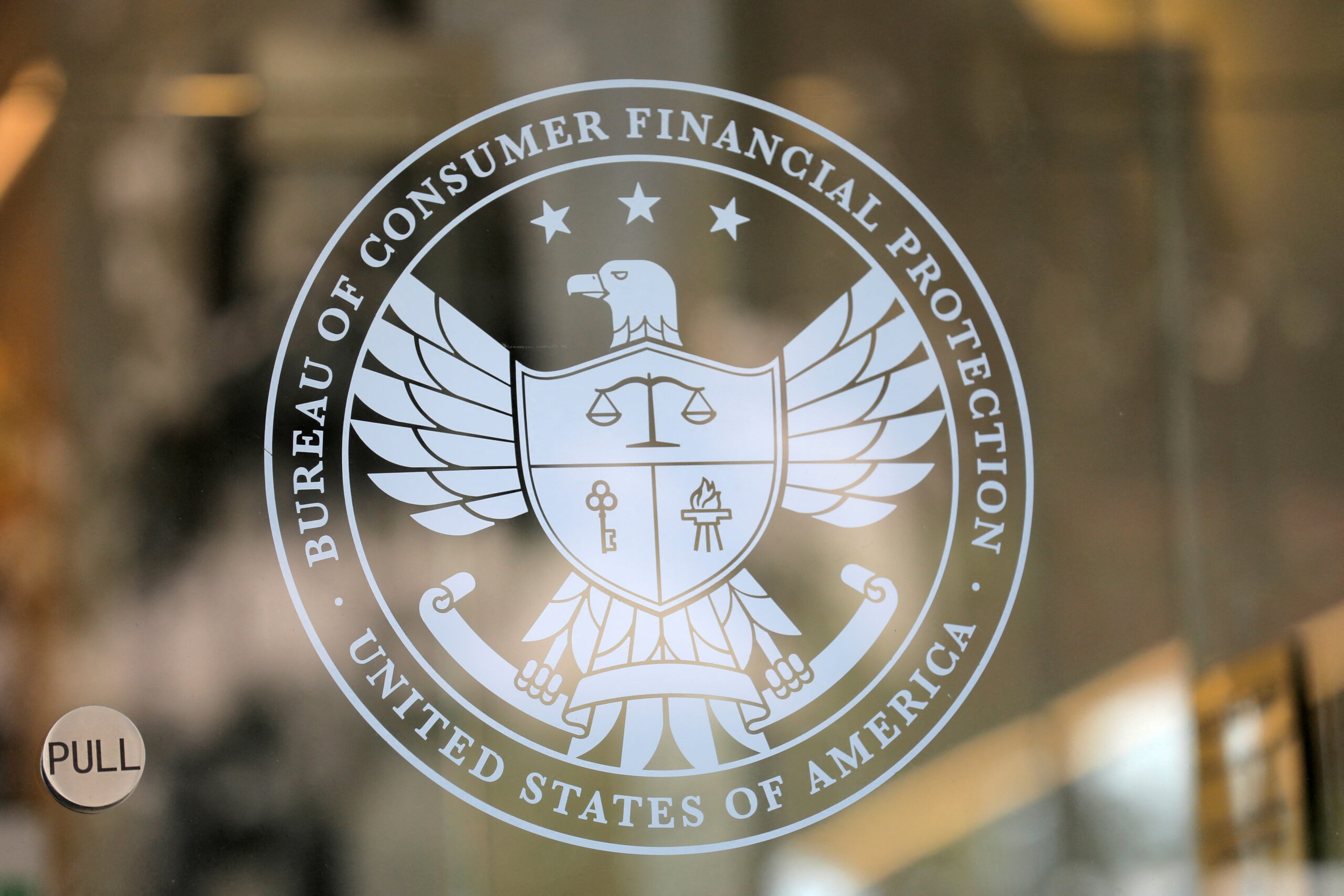Press Releases
5th Circuit Judge Willett Poised to Decide His Own Financial Conflicts Are Fine in U.S. Chamber Lawsuit Against CFPB Credit Card Rule

WASHINGTON, DC — Trump-appointed 5th Circuit Court of Appeals Judge Don Willett is poised to not recuse himself in the U.S. Chamber of Commerce’s lawsuit against the CFPB’s credit card late fee rule even though Willett’s most recent financial disclosure report lists up to tens of thousands of dollars’ worth of shares in Citigroup – a bank greatly impacted by the CFPB’s action capping credit card late fees at $8, and that is also member of the trade groups behind the lawsuit including the U.S. Chamber, American Bankers Association and Consumer Bankers Association. Despite the clear conflict of interest, Willett has already issued opinions on the lawsuit including casting a deciding vote to reverse a recent decision by Trump-appointed U.S. District Judge Mark Pittman to transfer their lawsuit to the U.S. District Court for the District of Columbia after criticizing the U.S. Chamber for venue shopping.
After Judge Willett’s investments were brought to light by Politico, Willett sought opinions on whether he is too conflicted to handle the case from the plaintiff – the U.S. Chamber – and the Committee on Codes of Conduct of the Judicial Conference of the United States, which responded that Willett should effectively decide for himself. Willett could now rule on a motion from the U.S. Chamber before the Fifth Circuit seeking to stay the rule before it takes effect May 14th.
Beyond Judge Willett’s investments in Citigroup, government watchdog Accountable.US found that while a candidate for the Texas State Supreme Court, Willett took at least $32,500 from companies represented on the U.S. Chamber Board of Directors, including Chevron, ConocoPhillips, Ford Motors, and Pfizer, according to state campaign data.
It’s all but certain Judge Willett will not recuse himself in this matter despite his glaring financial conflicts of interest. It’s the latest case of judicial overreach by the conservative Fifth Circuit notorious for lawless power grabs that benefit industry CEOs at the expense of everyday consumers."
Accountable.US’ Jeremy Funk
“Most reasonable judges would recuse themselves if they had large investments in a credit card-issuing bank tied to the plaintiff demanding industry be allowed to charge excessive, hidden late fees. After a dog and pony show seeking validation from his peers and the plaintiff advocating for high fees. Judge Willett may conveniently decide his own conflict of interests are of no consequence. But the millions of consumers poised to lose billions of dollars under an industry-friendly ruling in this case may disagree,” added Funk.
Previous from Accountable.US:
